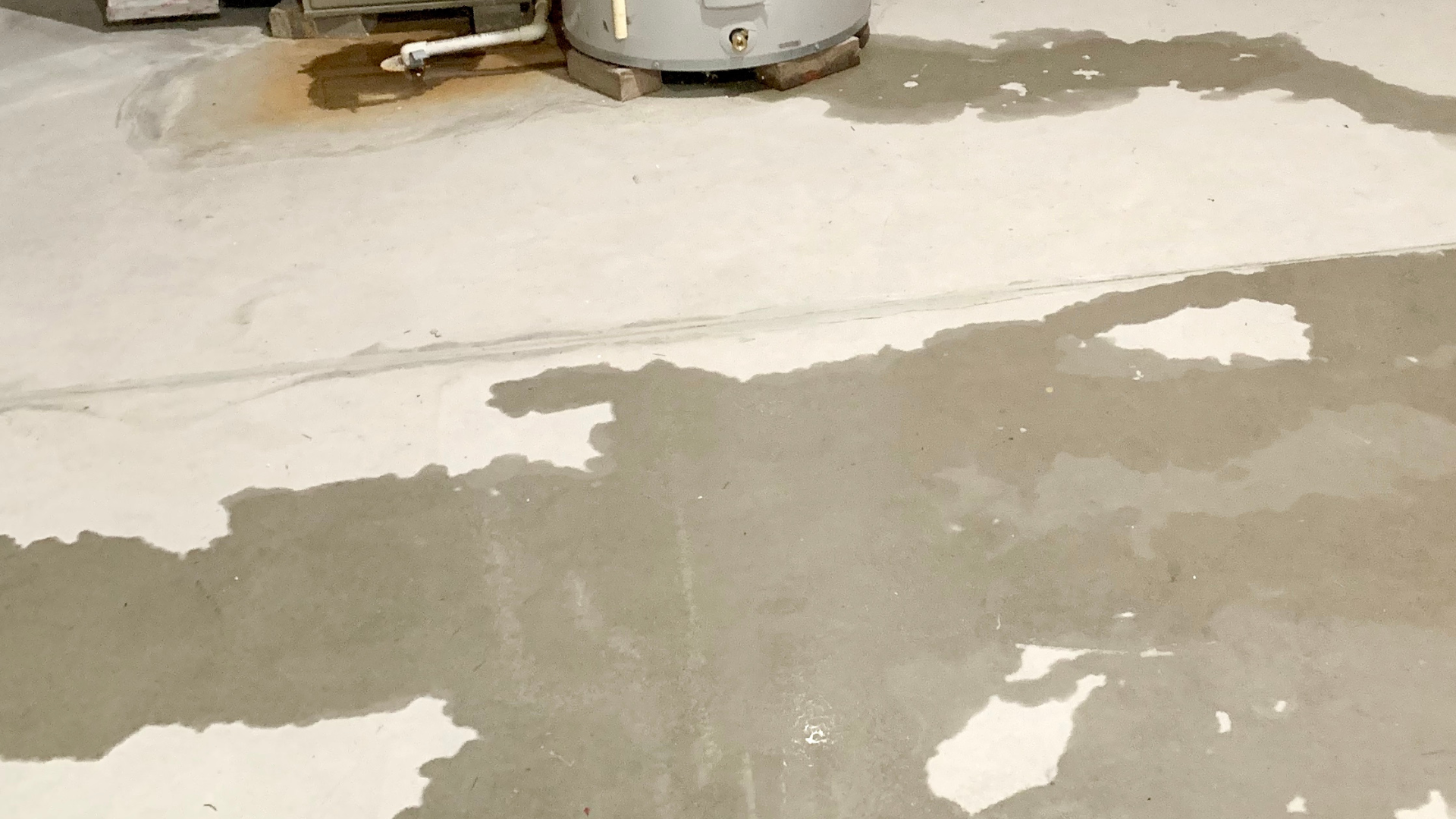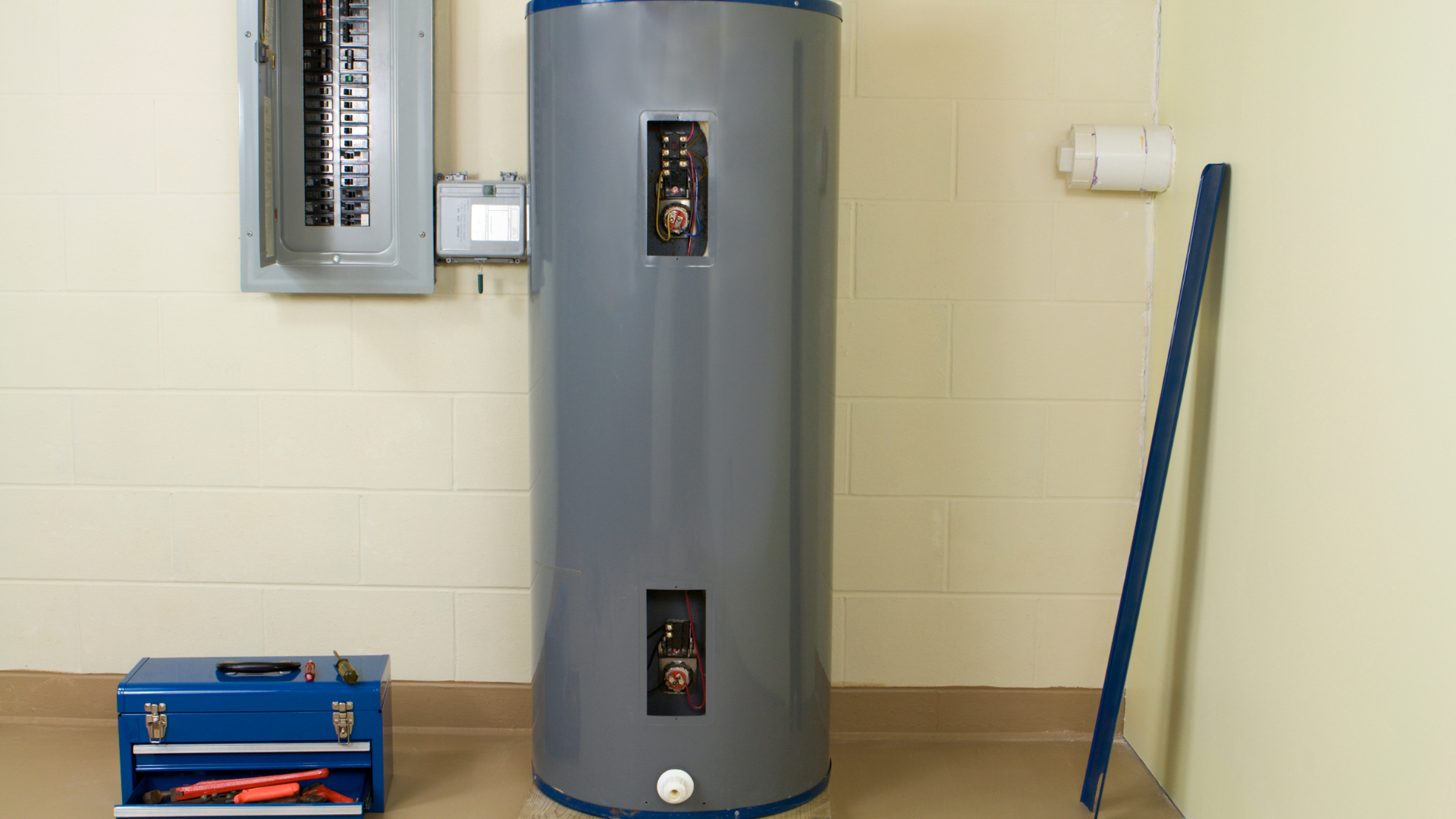Indiana
Navigating Home Services in the Hoosier State: Licensing, Sales Tax, and Verification in Indiana

For homeowners in Indiana, navigating the world of home service contractors can be a bit tricky due to a decentralized licensing system. The "Hoosier State" primarily relies on local jurisdictions for general contractor oversight, while some specialized trades have state-level licensing. Understanding how sales tax applies to home improvement projects is also key.
Licensing Requirements for Home Service Contractors in Indiana
Indiana does not have a statewide general contractor license that all contractors must hold. Instead, the responsibility for licensing general contractors largely falls to individual cities and counties.
- No Statewide General Contractor License (Local Regulation is Crucial):
- For general home building, remodeling, or repair work, there is no universal "general contractor" license issued by the State of Indiana.
- Therefore, it is absolutely essential to check with your specific city or county's building department, permits office, or business licensing division. These local requirements vary significantly.
- Examples of Local Requirements:
- Indianapolis (Marion County): Requires general contractors to obtain a local license from the Department of Business and Neighborhood Services. This involves providing proof of business registration with the Indiana Secretary of State, general liability insurance (minimum $500,000 to $1,000,000 depending on license type), workers' compensation insurance (or waiver), and a surety bond (e.g., $10,000). Some categories may require passing an open-book exam and attending an orientation.
- Evansville (Vanderburgh County): Requires contractors to be licensed by the Vanderburgh County Building Commission. This can involve an application, proof of insurance and a $25,000 surety bond, and passing an exam (e.g., based on ICC codes).
- Fort Wayne (Allen County): Requires general contractors to have a license from the Allen County Building Department.
- South Bend (St. Joseph County): All contractors, including subcontractors, must be registered or licensed with the Building Department to perform work in the city and county.
- Local licenses typically have different classifications (e.g., residential, commercial, or by project size).
- Specialized Trades: Primarily Local, with State Oversight for Some:
- Similar to general contractors, licensing for plumbers, electricians, and HVAC technicians is often handled at the local city or county level in Indiana.
- While the Indiana Professional Licensing Agency (IPLA) generally oversees many professional licenses in the state, for these specific trades, local jurisdictions are usually the direct licensing authority. They often base their requirements on national standards like the International Plumbing Code (IPC) and the National Electrical Code (NEC).
- Plumbers: Local licenses for Journeyman and Master Plumbers are common, requiring documented experience and passing local exams.
- Electricians: Local licenses for Journeyman and Master Electricians are typically required, involving experience and passing local exams.
- HVAC Contractors: Local licenses or registrations are common, often requiring specific certifications (like EPA 608 for refrigerants) and passing exams.
- State-Level Certifications/Registrations: Certain specialized areas, like asbestos abatement or lead-based paint renovation, may have statewide certification requirements.
Given the decentralized nature, always verify the appropriate local general contractor license and any specific trade licenses required by your specific city or county. Operating without the necessary local licenses or permits can lead to fines, project delays, and difficulty in seeking legal recourse if problems arise.
How Sales Tax Applies to Home Service Projects in Indiana
Indiana has a state sales tax rate of 7% on the retail sale of tangible personal property. The application of sales tax to home service projects in Indiana generally follows the "contractor as consumer" rule, but with a significant "time and material contract" exception.
- Lump Sum Contracts (Contractor as Consumer):
- For most residential remodeling, renovation, or construction projects under a lump sum contract (where the total price includes materials and labor, not itemized), the contractor is generally considered the consumer of the materials they use to improve real property.
- This means the contractor pays the 7% sales tax to their suppliers when they purchase the building materials (lumber, flooring, fixtures, etc.).
- The contractor then does not collect sales tax directly from the homeowner on the overall contract price. The sales tax on materials is already embedded in the contractor's costs.
- The labor charges for installing or repairing items that become part of real property under a lump sum contract are generally not subject to Indiana sales tax.
- Time and Material Contracts (Contractor as Retail Merchant):
- If a contractor operates under a "time and material" contract where they separately state the charges for materials and labor on the invoice, the contractor is considered a retail merchant selling the materials to the customer.
- In this scenario, the contractor may purchase the construction materials exempt from sales tax (by issuing an exemption certificate to their supplier).
- However, the contractor must then collect the 7% sales tax from the homeowner on the separately stated price of the materials and remit that tax to the Indiana Department of Revenue.
- The labor charges stated separately in a time and material contract for improving real property are still generally not subject to sales tax.
- Other Considerations:
- If a contractor sells tangible personal property without installing it (e.g., selling a sink but the homeowner installs it), that is a retail sale subject to sales tax, which the contractor must collect.
- Sales tax exemptions may apply if the customer is an exempt entity (e.g., a qualified nonprofit or government agency) and provides a proper exemption certificate.
For Indiana homeowners, clarify with your contractor how your project is structured (lump sum vs. time and material) as this significantly impacts how sales tax is applied. Ensure the contract clearly outlines the tax treatment.
How to Verify Licensing in Indiana
Verifying a home service contractor's credentials in Indiana requires a multi-step approach due to the decentralized licensing system.
Local City/County Building Departments or Occupational Licensing Offices (MOST IMPORTANT):
- This is your primary resource for verifying that a general contractor or trade professional (plumber, electrician, HVAC) is properly licensed or registered to work in your specific municipality.
- Find Contact Information: Go to the official website of your city or county. Look for departments like "Building Permits," "Codes Enforcement," "Development Services," "Occupational Licensing," or "Contractor Licensing."
- Direct Inquiry: Call or visit their office. Many will have online search portals for local licenses.
- Example: Indianapolis Department of Business and Neighborhood Services maintains an online list of licensed contractors. You can also contact them directly.
- Example: City of Evansville Building Commission has contractor licensing information and verification.
- Example: South Bend Building Department provides contractor registration information.
Indiana Professional Licensing Agency (IPLA) - License Search:
- While IPLA doesn't license all contractors, it does license various other professions. If you're dealing with specific professionals like architects or engineers, their licenses can be verified here.
- Website: https://www.in.gov/core/licensing/ (Look for a "License Search" or "Verify a License" option).
- Search: Select the relevant board/profession and search by name or license number.
Indiana Secretary of State - Business Entity Search:
- Website: Use the Secretary of State's Business Search to verify that the contractor's business (LLC, corporation, etc.) is properly registered and in good standing with the state: https://bsd.sos.in.gov/publicbusinesssearch
- Search: Enter the business name to confirm its legal status.
Proof of Insurance and Bonding: Always request current Certificates of Insurance for general liability and, if the contractor has employees, workers' compensation insurance. If your local jurisdiction requires a surety bond, also ask for proof of that. Contact the insurance and bonding companies directly to verify coverage.
Given Indiana's reliance on local contractor licensing, diligent verification with your specific city or county is the most critical step to ensure your chosen contractor is legitimate and authorized to perform work in your area.
Sources
- Indiana Department of Revenue (DOR) - Sales and Use Tax:
- Sales Tax Information Bulletin #60 - Construction Contractors: https://www.in.gov/dor/files/sib60.pdf (Provides detailed guidance on lump-sum vs. time & material contracts)
- Indiana Administrative Code 45 IAC 2.2-4-22 (Procedure when tax is not paid on construction material): https://www.law.cornell.edu/regulations/indiana/45-IAC-2.2-4-22
- Local City/County Licensing Resources (Examples - always check your specific location):
- Indianapolis Department of Business and Neighborhood Services (Contractor Licensing): https://www.indy.gov/activity/contractor-licensing
- City of Evansville - Building Commission (Contractor Licensing): https://www.evansvillegov.org/city/department/division.php?structureid=154
- City of South Bend - Building Department (Contractor Registrations): https://southbendin.gov/department/community-investment/building/contractor-licenses/
- Allen County Building Department (Fort Wayne): (Often found via local government websites, e.g., Fort Wayne or Allen County Building Department)
- Indiana Professional Licensing Agency (IPLA):
- Licensing Portal (General Search, not for all contractors): https://www.in.gov/core/licensing/
- Indiana Secretary of State - Business Services (Business Search): https://bsd.sos.in.gov/publicbusinesssearch
- Industry Guides (for general overview, always defer to state/local sources):
- ServiceTitan - Indiana Contractor License & Certification: https://www.servicetitan.com/licensing/contractor/indiana
- NEXT Insurance - Indiana General Contractor License and Insurance Requirements: https://www.nextinsurance.com/blog/indiana-general-contractor-license-and-insurance-requirements/
Click Another Article to Read More










